Recent Publication: Place Names in Canada
An interview featuring one of our researchers, Justin Yoston.
Q: What are your thoughts on inherited Canadian place names?
A: Historically, places have been named after those who have influenced the community or society. Politicians, businesspeople, community leaders, and pioneers are some of the people most commemorated. We now realize that these names represent the power imbalance present throughout much of North American history, where colonialism and wealthy/powerful white men have taken precedence over Indigenous cultures and the great contributions of marginalized groups. Due to this history, we are looking to renegotiate naming conventions, influencing our research and aim at changing harmful place names.
Q: How then, would you say, that we go about commemorating our past, while also giving place names more diversity?
A: The important thing to remember is that marginalized groups and cultures are equally part of our past. Giving place names more diversity does not mean ignoring history, it means transforming our communities into more accurate representations of our true history.
Q: Is there a way to go about seeking change without making traditionalists feel like outsiders?
A: The goal is not to eliminate history and tradition. The goal is to promote inclusiveness and celebrate each community’s diversity. This means addressing inequalities and correcting injustices that already make disadvantaged groups feel like outsiders. Change can be uncomfortable at first, and traditionalists will learn to grow with their communities (even if it it takes them longer).
Of course, our model policy also leaves room for discussion and community feedback when a name revision is proposed. If the impacted residents decide that an existing name is important, and that name is not harmful, then that would be an important factor to consider.
Q: What should happen now, after the report has been published? What should the public do so that they can help the situation?
A: If your community has a policy, review it to ensure that it promotes diversity and outlines a clear and simple process for naming and renaming. If they don’t have a policy, reach out to your council or someone from the municipal government and point them to our report and model policy.
Aside from the policy, try to understand the history behind names in your communities. Ask yourself whether or not something should be celebrated and be an advocate for positive change wherever possible.
Q: Has there been a change in your local area? Why or why not?
A: The committee that makes naming decisions has expressed their commitment to reconciliation, and they have consulted with local First Nations groups when choosing names. Recently, they announced a revitalization project for our waterfront and boardwalk. After consulting with the public and the Wolastoqey Nation, they called the site “Ihtoli-magahamok” or “The Gathering Space” in the Wolastoqey language.
Q: During this project, what was the most interesting piece of information that you gathered?
A: That there are far more communities interested in following this project than there are communities with policies. I think many of the people responsible for place naming are interested in developing a process that fostered diversity, but they may not have the resources or government support required to implement policy. This only reinforces the value of this research.
Q: How difficult as the process of finding the data? Did you encounter any big challenges?
A: My main functions were data analysis and building the database. I think the most challenging part of this was combining the census data with data from the Canadian Geographical Names database. Many names use different spellings in each dataset, some settlements were only in one or the other, and sometimes neither dataset matched the official spelling.
Q: Was there anything that surprised you in the data collected? Something you didn’t expect to find?
A: The small percentage of settlements with naming policies, and how few of those with policies actually prioritize diversity.
Q: What is a change in your local area that you would like to see in the future?
A: I was disappointed to learn that my city does not have a policy, so I would like to see one implemented that outlines a transparent process and allows locals to more easily propose changes. I look forward to continued collaboration between the city and First Nations groups, and greater celebration of our diverse cultures and histories in daily life.
Q: Finally, what is one recommendation you have, going forward?
A: Municipal governments: I encourage you to fully celebrate your communities and take pride in your diversity.
To community members: Be open to change. Don’t shy away from names that are difficult to pronounce — learn to pronounce them, since they are as much a part of your history as any other name.
